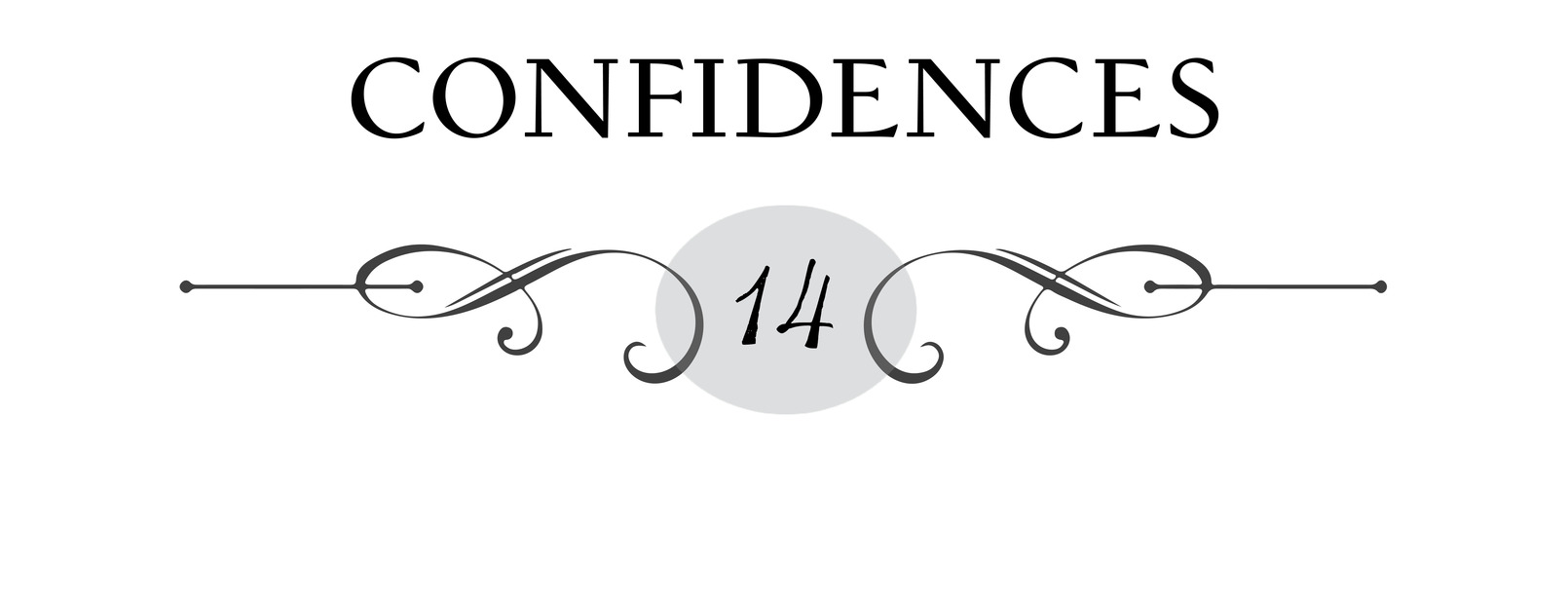

This was not how Mary had imagined the Wollstonecraft Detective Agency would be. Nothing made sense. Ada was not supposed to fall ill like this, she thought. We should have caught a fishmonger by now. Alas, there seemed no fishmonger to catch; just a sneaking suspicion of fishiness, a ghost girl who looked rather a lot like a real girl about to marry said fishiness, and a scrap of paper with a maybe-code.
She looked up and found Peebs staring out the window, suddenly looking about a hundred years old.
“Are you all right?” Mary asked.
“Mmm? Yes, I suppose. Although to be fair to circumstance, I seem to have proven myself to be somewhat less than all right.”


“However so?”
“It was ever my intention to keep my eye on young Ada. I encouraged this adventure, this Detective Agency—”
“But we kept it a secret from you! It’s hardly your fault.”
“Come now, Mary. I should hope you hold me in higher esteem than one who would be so easily deceived. I knew. I had hoped to coax Ada out of her shell, as you have done most admirably. But now it seems she has ventured too far, too far out indeed. Off investigating, home after midnight, soaked through. I feel as though I sent her into that storm myself.”
“You cannot blame yourself. I should have been with her.”
“No, Mary, you should not. Lady Ada is your friend, not your responsibility. Whereas she is mine, and I have failed her.”
“You have not failed her yet. Peebs, please hold out a hope. I fear I do not have the strength to bear this hope alone.”
“Then we as her friends shall bear this hope together. I do, Mary. I do hope.”
Mary smiled a little at this.
“You know,” added Peebs, “I have often had the misfortune of being on the wrong side of our Ada. She is an extraordinary creature, and rather formidable.”
“And so?”
“Well, I cannot imagine this fever is going to enjoy being in Ada’s bad books much either.”
Worried as she was, Mary almost laughed at that. She took a deep breath.
“You’re a spy,” said Mary.
“Yes, we covered that in the middle of your last case.”
“You’re in a book,” Mary pressed.
“Well, yes, I have a few poems published—”
“In Jane’s book. On…Society.”
“Oh, that.”
“That.”
“Merely an accident of birth. I was born to my father and he to his.”
“The first Earl of Castle Goring,” said Mary.
“It’s not that grand. Or even a castle, really. Castle Boring, we called it growing up.” Peebs chuckled a little.
“So you’re rich, to put matters precisely.”
Peebs cleared his throat. “My family has means. I on the other hand have a modest allowance. I have little interest in my family’s fortunes, as my destiny is poetry, not wealth. As for being a spy, yes, I placed myself in the Byron household to keep my eye on Ada, as I promised her father. Knowing her mother would not approve, I had to remain…”
“Clandestine.”
“Clandestine, as you say.”
“But you’re not just a spy in Ada’s house,” she said. “You’re a spy in mine as well.”
“Ah,” said Peebs.
“Ah, indeed,” said Mary accusingly. “You’re my father’s patron. You give him money. That’s how we live. Because of you.”
“Not at all. Your father and your stepmother are both esteemed publishers who—”
“Who couldn’t rub tuppence ha’penny together if they roasted chestnuts, yes, I know. We clearly need your money. I just don’t know why you would choose to keep such matters from me.”
“I assure you I was not being clandestine, merely discreet. And I am certain your father would not appreciate the discussion of such matters with his fourteen-year-old daughter. I’m afraid, Mary, that we are to leave it at that.”
“But—”
“At that,” said Peebs with finality.
Mary crossed her arms. She had recently learned something about herself—she resented not knowing something the minute a question occurred to her. I really am turning into Ada, she thought.